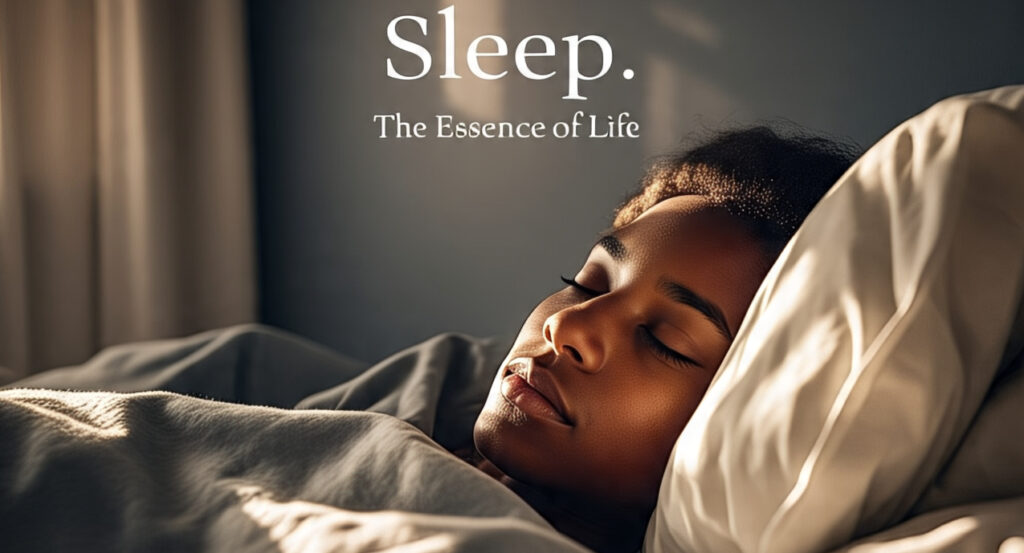
Sleep saves life. Science says it so. (Photo: AI generated)
Sleep is the real saviour of human life. It’s actually an underrated lifeline in our information age. Sleeping is beautiful, both as an act and a physiological phenomenon. No matter how much one wants to stay awake, she would love her sleep. If you are a morning riser, nothing seems more beautiful than catching a few last fleeting naps. Alarms go into snooze mode as if they act on their own. You often don’t remember turning off the alarm. You regret having overslept only when some emotional or financial matter depends on time that particular day.
Only a few people wake from slumber to do nothing. Sleep is like charging the ever-dying battery of your cellphone. Even if the battery is dying, you wish it lasts until you reach home in the evening. Yet you cannot resist the temptation to scan one app or another, anticipating some social media droplets. As you reach home, plug your charger into the socket and connect your phone, you feel resuscitated.
Once, I heard a few psychologists and psychiatrists say on Doordarshan that “loss of sleep does induce chemical changes in the brain.” I also heard in a BBC radio documentary that “sleeping is an acquired characteristic”.
Humans acquired sleep?
Acquired means human beings were originally not meant to sleep. They did not require sleep to keep doing what they did — hunt, eat, defecate and procreate. But as they developed a line of thinking that encouraged non-consumptive work, they started hunting more than necessary. Food became somewhat surplus. The feeble-bodied — due to old age or post-infancy-childhood emotional connections — started getting food arranged by more able-bodied persons. This led to the arrival of non-essential leisure.
Animals rest because they understand their food takes time to digest and to store energy for the next hunt. Humans developed a different tendency: not putting in extra hard work that someone else could do. But this could lead to fights among the herd, which we now call community. Privilege must have been challenged as those who went out to hunt and gather food risked their lives.
Life has, naturally, been more prized than emotion or finances. Love for one’s life is the fundamental cause behind the demand for the right to equality. By the generation this fight for equality happened, humans might have developed skills, tools and the art of hunting big game with greater ease. This gave them plenty of leisure.
A vulnerability helped us too
Secondly, humans are one of those species that cannot see in the dark. Their eyes are equipped to see only in the light. It is not certain if they ever had the ability to see in the dark. It is largely presumed that during their hunting-gathering phase, they lacked this ability. They had to have forced leisure at night when the sun lit the other half of the world.
But some of the animals humans hunted, and which must have identified humans as their enemies, had the ability to see in the dark. A number of predators see with their thermal imaging powers. Movement by humans would have made them an easy target. Animals know that life moves. Movement is a sign of life. A moving object is prey.
Leisure due to excess food and immobility for fear of life perhaps induced the attribute of sleep among humans. But the waking gene is still active. You might have gotten out of your slumber feeling very hungry or thirsty. Nature calls are the most frequent reason for waking. These wake-ups are physical necessity-induced.
You also get up if someone calls out to you or if some rumbling is happening in the surroundings. The waking gene empowers the brain to identify threats and induce fear in the sleeping person, making her come out of slumber and run for life.
And that fear for life
It is fear for life that causes a sleeping person to wake even at the slightest rumbling. If a person is sure of the surrounding sounds — for example, sleeping in a room where a power generator is running — she would not get up at its sound.
A child usually doesn’t wake at the pressure whistle of a cooker but would wake if you turn the pages of a newspaper. She is used to the sound of the pressure whistle as it reaches her while she stays in the womb, but the other sound does not.
Fear, food and defecation wake you naturally. The rest are civilisational wake-ups.
The human brain is considered the most productive. It is supposed to be the only living entity that produces and works to produce things the body cannot consume. Brain being brain, it put the act of sleeping to work. Information is key. The brain needs information because it is a problem-solving machine. It is designed to solve problems, seek answers to questions, unravel puzzles.
Brain as the server, sleep the saviour
For all these functions, the brain needs information stored. Power storage of information was difficult or inefficient in the purely consumptive phase. It was not required. New problems were slow to come. But as the non-consumptive phase began, the volume of problems and situations swelled.
A better repository of information was required. The brain put its sleep to use. Information was recycled during sleep. The brain became the other kidney. Unnecessary information was filtered out. Necessary ones were stored. This arrangement allowed humans to improve with every single sleep.
Sleeping still improves us. It has now become a bigger necessity than ever. We don’t receive information any more. We live in information. Information is drowning us. Information is suffocating us. Information is killing us. Sleep can save us. Sleep should be given a chance. Sleep should not be adulterated. Sleep purification is required for the survival of humans and to prevent them from becoming a colony of man-made machines.
You may read Part Two and Part Three of the sleep series on TheFreePen
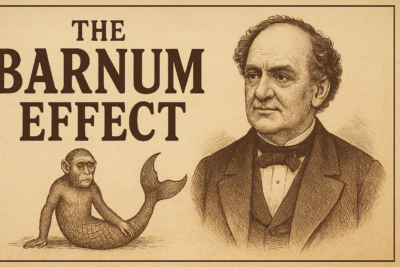
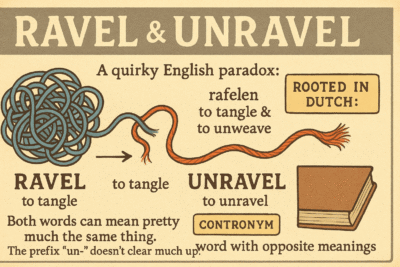
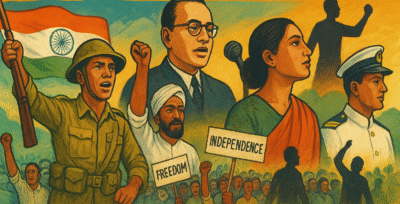
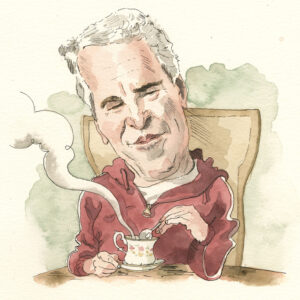

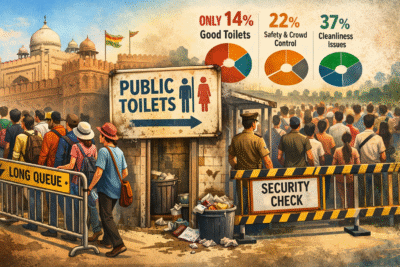

2 thoughts on “Part One | The hidden power of sleep: Why we must reclaim this natural necessity”